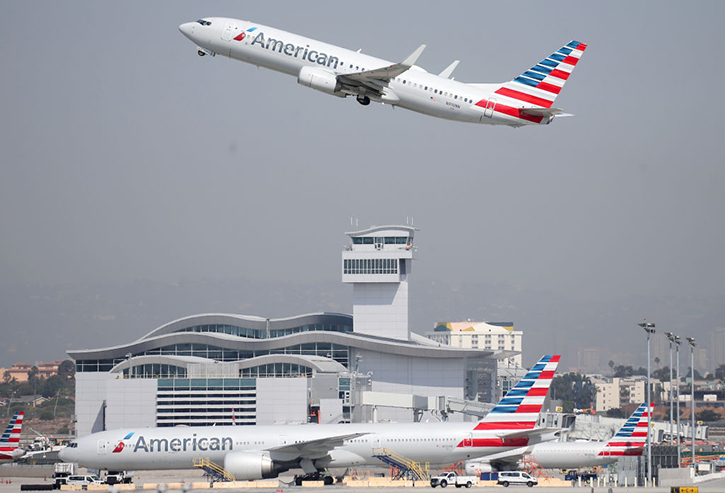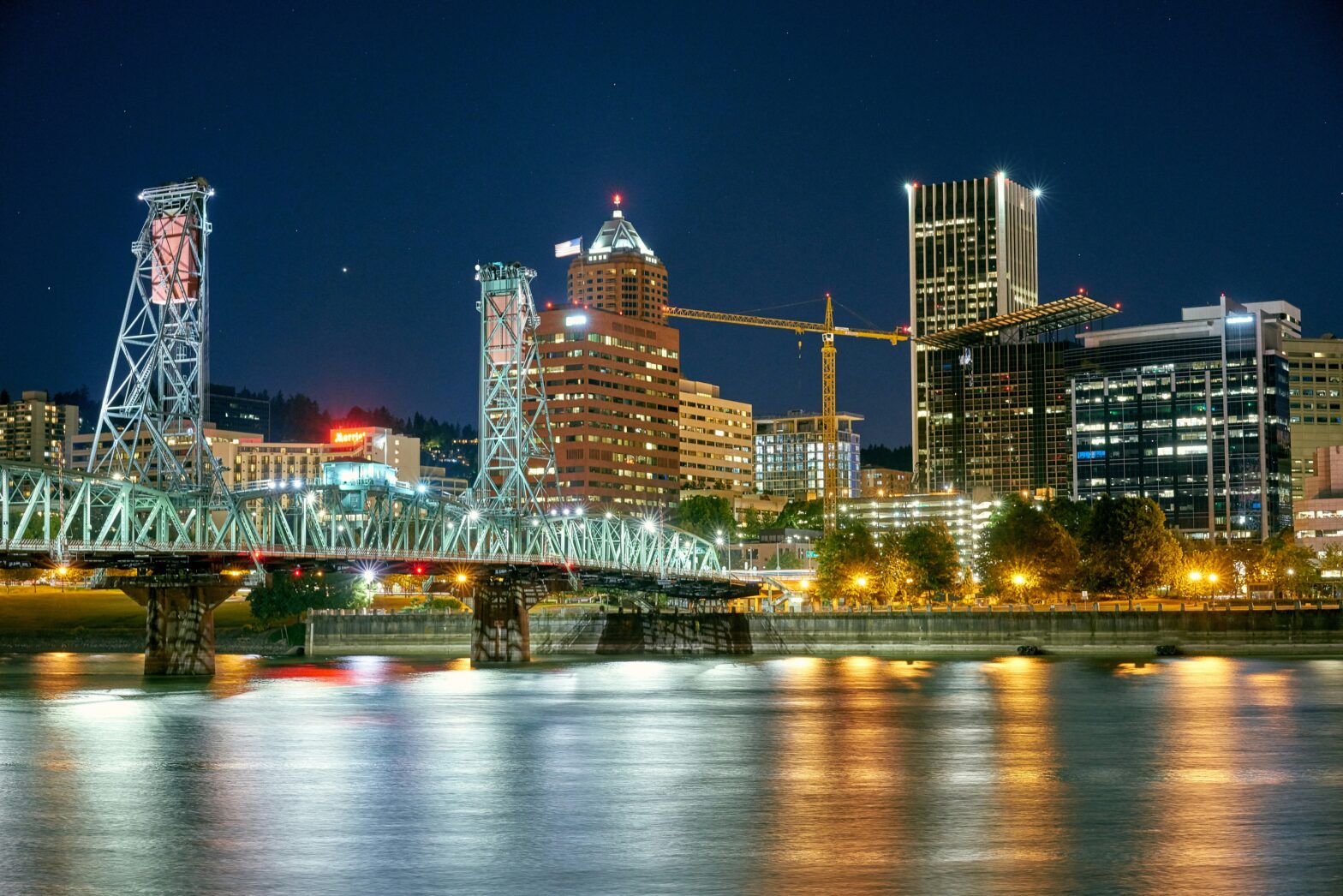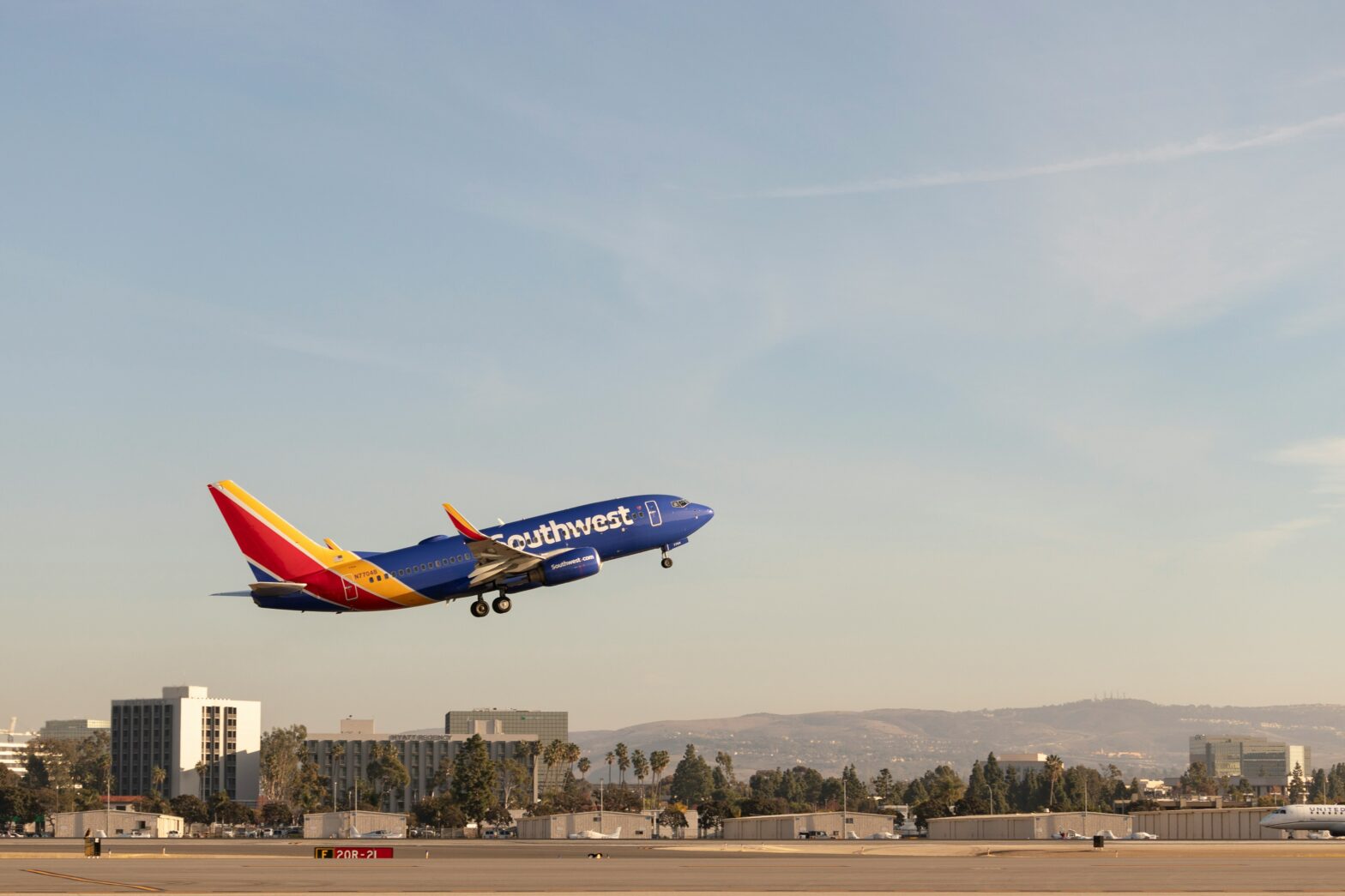Advanced technologies make life easier and faster in many areas of life— personal relations, work and so on. However, according to a survey on the DepartedFlights website, it was revealed that air travel takes longer today than 50 years ago.
In 1970, a flight from New York to Houston took approximately 2 hours and 37 minutes. Today, it takes 3 hours and 50 minutes— 1 hour and 13 minutes longer.
So why, in a world where everything seems to be getting faster, have commercial flights lagged behind?
Some experts say that the energy expenditure of airplanes grows exponentially as their speed increases linearly. Thus, the reduction of time in heights with a faster trip is not enough to compensate for the higher fuel consumption.
“While we might think that advances in flight technology would make fast flights less expensive, this hasn’t necessarily been the case. One of the biggest concerns is fuel economy,” said Alex Gendler, writer and editor specializing in political theory, and internet culture during a TED conference video on YouTube this year.
Gendler explained that over the decades, jet engines have become a lot more efficient, taking in more air and achieving more thrust, traveling further for every liter of fuel.
“But this efficiency is only achieved at speeds of up to around 900 kilometers per hour. Going any faster would increase air intake and burn more fuel per kilometer flown.”
He said that a standard transatlantic flight still uses as much as 150,000 liters of fuel, which means that a single transatlantic round trip could cost the equivalent of more than $10,000 dollars today, amounting to over 20% of an airline’s total expenses.
“So, any reduction in fuel economy and increase in speed would significantly increase both flight costs and environmental impact.
In 2008, an Associated Press report revealed that the airline JetBlue saved $13.6 million by just increasing its average flight time by two minutes.
“Airlines can save millions a year by flying slower,” stated the video.
Also, due to the high cost of fuel, companies have tried to make flights increasingly lighter, which is why they charge fees for excess baggage from travelers.
What about ways to make planes faster without burning lots of fuel, which makes air travel take longer?
Gendler revealed that recent advances may make them feasible.
“New technologies may solve the energy efficiency problem with alternative and synthetic fuels, or even hybrid-electric planes. It may yet turn out that the last few decades of steady flying were just a brief rest stop.”





